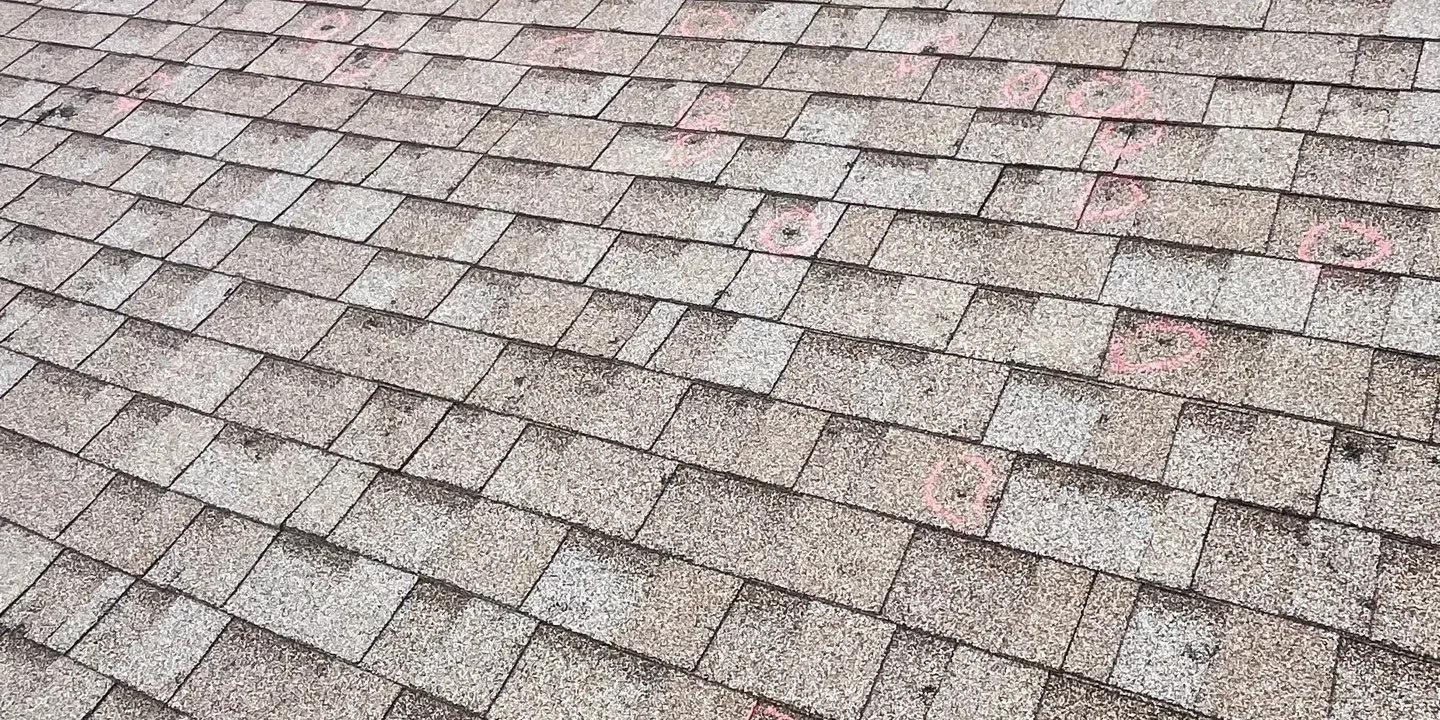Optimal Roof Inspection Schedule for Maximum Home Protection
Maintaining the structural integrity of your home begins with understanding the significance of regular roof inspections. By following a strategic inspection schedule, homeowners can avoid costly repairs and ensure their roofs remain robust against various weather conditions.
Importance of Regular Roof Inspections
Your roof serves as the primary barrier against the elements, safeguarding your home and its contents. Regular inspections are crucial for several reasons:
- Protecting Your Investment: A home is often the most significant investment a person makes. Regular roof inspections help preserve this investment by maintaining the roof in excellent condition.
- Preventing Expensive Repairs: Identifying and addressing minor issues early prevents them from developing into major problems that require costly repairs.
- Ensuring Safety and Comfort: A well-maintained roof provides peace of mind, knowing it can withstand heavy rains, winds, and other weather extremes without leaking or failing.
Recommended Roof Inspection Frequency
Annual Inspections
Conducting annual roof inspections is a proactive measure to keep your roof in optimal condition. These inspections are best scheduled in spring or fall, allowing homeowners to address any damage from the previous season’s weather.
- Spring Inspections: Assess any damage from winter storms, snow, and ice.
- Fall Inspections: Prepare the roof for winter, ensuring it can handle the upcoming weather conditions.
Post-Storm Inspections
Severe weather events such as hailstorms, hurricanes, and heavy winds can cause significant damage to roofs. It is essential to inspect your roof immediately after such events to identify and repair any damage promptly.
- Hailstorms: Inspect for dents, cracks, and dislodged shingles.
- Hurricanes: Check for loose or missing shingles and any structural damage.
- Heavy Winds: Look for lifted or torn shingles and any debris impact damage.
Professional Inspections
While homeowners can perform visual inspections, hiring a professional roofing inspector ensures a thorough evaluation. Professionals use specialized tools and techniques to detect issues that might not be visible to the untrained eye.
- Infrared Scans: Detect hidden moisture and leaks.
- Detailed Assessments: Identify structural issues and areas needing immediate attention.
Maintenance for Longevity
Regular maintenance, guided by routine inspections, can significantly extend the lifespan of your roof. This includes cleaning gutters, removing debris, and addressing minor repairs before they escalate.
- Gutter Cleaning: Prevents water buildup and damage.
- Debris Removal: Avoids roof deterioration caused by accumulated leaves and branches.
- Minor Repairs: Fixing small issues promptly to prevent larger, more expensive problems.
Choosing a Qualified Roof Inspector
Selecting a reputable and qualified roof inspector is crucial for accurate assessments. Here’s how to choose the right professional:
- Licensing and Insurance: Ensure the inspector is licensed and insured to meet industry standards.
- Experience: Look for inspectors with extensive experience and positive client feedback.
- References: Ask for references to gauge the quality of their previous work.
Inspection Frequency for New Roofs
Even new roofs require regular inspections. Despite their age, they can still be affected by severe weather and other environmental factors. Regular inspections ensure that any issues are addressed promptly, maintaining the roof’s longevity and performance.
Conclusion
Maintaining an ideal roof inspection schedule is essential for protecting your home and investment. Regular inspections, prompt post-storm assessments, and professional evaluations are key practices that ensure your roof remains in top condition. For homeowners in Littleton, CO, GCCS Roofing, Inc. offers expert roofing services, providing peace of mind and exceptional care for your roof.







